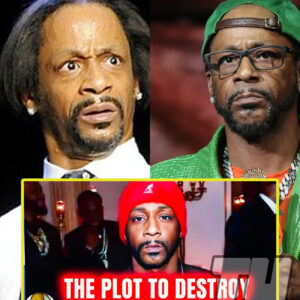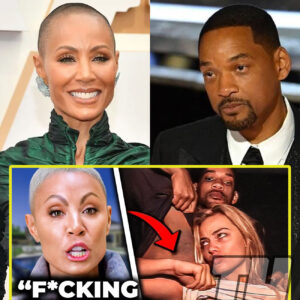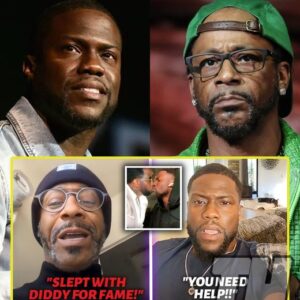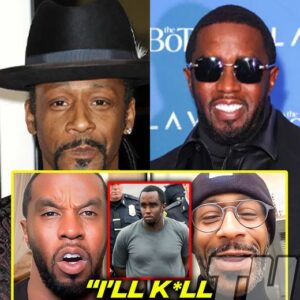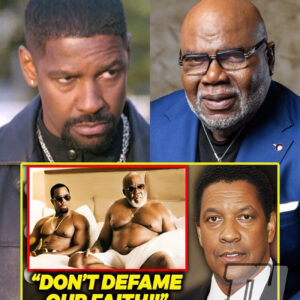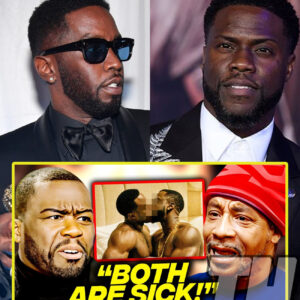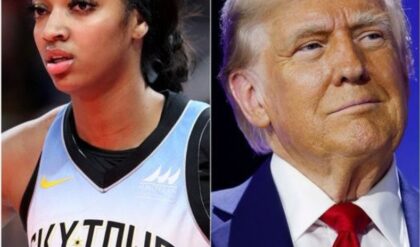The complexities and dark undertones of the hip-hop industry are underscored by a web of allegations and accusations surrounding prominent figures like Jay-Z, Beyoncé, and others.
These claims, propagated by individuals such as Jaguar Wright, paint a picture of ruthless ambition and potential malfeasance in an industry marked by fierce competition and power plays.
Jaguar Wright, a vocal critic known for her bold statements, has leveled serious accusations against Jay-Z, alleging that he orchestrated the deaths of several rappers to solidify his position in the music world.
According to Wright, notable figures such as Takeoff, Big L, Nipsey Hussle, and Pimp C fell victim to sinister plots aimed at eliminating competition. These claims suggest that Jay-Z, alongside other influential figures, might be involved in manipulative and possibly deadly industry politics.

Takeoff’s tragic death in 2022 serves as a focal point for these allegations. He was killed during a private party in Houston, a city known for its deep-rooted ties to the rap industry and the influential figures within it.
Takeoff and his fellow Migos member Quavo were reportedly playing dice when an altercation led to the shooting. The circumstances surrounding the incident, including the involvement of notable industry figures like Jay Prince and his son Jazz Prince, have fueled speculation about deeper, more nefarious motives.
The Princes, particularly Jay Prince, have long been recognized as significant power brokers in the rap industry. Their protective services to visiting artists and their connections to various industry players add layers of intrigue to the incident.
Rumors abound about dice games organized by the Princes, where artists are not only charged exorbitant fees for protection but also face the risk of ambush and robbery. These dangerous associations have led some to speculate that Takeoff’s death was more than a tragic accident.
Further complicating the narrative is the legal battle involving Patrick Xavier Clark, who was arrested and charged in connection with Takeoff’s death. Clark’s defense argues that the evidence against him is flawed and that he was merely trying to survive a chaotic situation, much like Takeoff.
This defense raises questions about the true nature of the events that unfolded that night and the potential manipulation of legal outcomes by powerful industry figures.
Robbie Starbuck, a former video director and music executive, has criticized the music industry for exploiting young rappers to advance hidden agendas.
This sentiment is echoed by comedian Cat Williams, who has also suggested that some industry executives might be using artists as pawns. These perspectives highlight a cynical view of the music business, where the well-being of artists is secondary to the pursuit of profit and power.
The case of Takeoff’s death and the surrounding allegations underscore the broader issues within the hip-hop industry. The intersection of fame, violence, and power creates a volatile environment where artists are often caught in the crossfire.
As legal proceedings continue and more information comes to light, the public remains keenly interested in uncovering the truth behind these troubling events.
The implications of these revelations extend far beyond individual cases, prompting critical examination of the ethics and practices within the entertainment industry.
News
(VIDEO) Leaked Video PROVES Hollywood PLOT To DESTROY Katt Williams|How Katt Came Back BIGGER & BETTER
**The Untold Saga of Cat Williams: A Journey Through the Darkness of Hollywood** In the ever-evolving landscape of Hollywood, few figures have captivated and confounded audiences quite like Cat Williams. Over the years, his name has become synonymous with controversy,…
(VIDEO) Jada Smith FURIOUS Over LEAKED Will Smith AFFAIR PICS With Margot Robbie!
In the glitzy world of Hollywood, where the line between reality and fiction often blurs, scandals and rumors frequently make headlines, captivating audiences worldwide. One such scandal that has been swirling around Tinsel Town involves two prominent stars: Will Smith…
(VIDEO) Kevin Hart CONFRONT Katt Williams For REVELING His GAY AFFAIRS With HOLLYWOOD Elites
The entertainment industry is no stranger to controversy, and the recent feud between comedians. Kevin Hart and Cat Williams has once again put the spotlight on the dark underbelly of Hollywood. The clash between these two comedic titans has brought…
Diddy THREATENS Katt Williams For Helping The Feds With RAID..
Unveiling the Dark Side of the Music Industry: Allegations Against P. Diddy and Others In recent years, the music industry has been rocked by a series of disturbing allegations against prominent figures, including hip-hop mogul P. Diddy, also known as…
(VIDEO) 7 MINUTES AGO: Denzel Washington SENDS Terrifying Warning To TD Jakes & Diddy To EXPOSE Him
Tinsel Town is abuzz with the latest scandal, this time involving Bishop TD Jakes and his alleged fall from grace. Speculation about his involvement in high-profile events has ignited a storm on social media. Prompting even renowned actor Denzel Washington…
Katt Williams And 50 Cent RELEASE Video Of Diddy Getting Wild With Kevin Hart
Cat Williams Drops Explosive Revelations: Alleges Misconduct by Diddy and Kevin Hart Renowned comedian Cat Williams has once again sent shockwaves through the entertainment industry with. His recent appearance on the Club Shay podcast, where he made startling allegations…
End of content
No more pages to load
